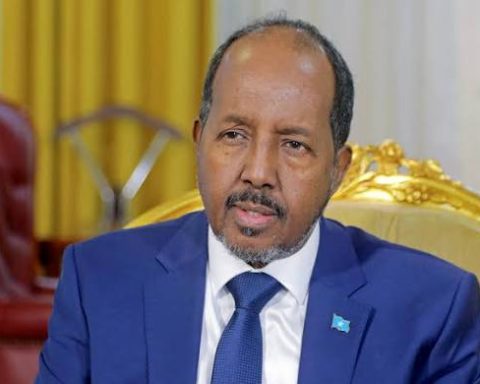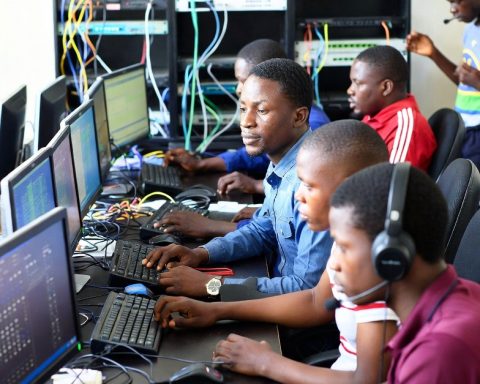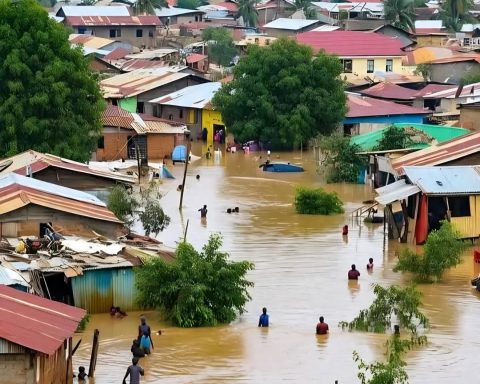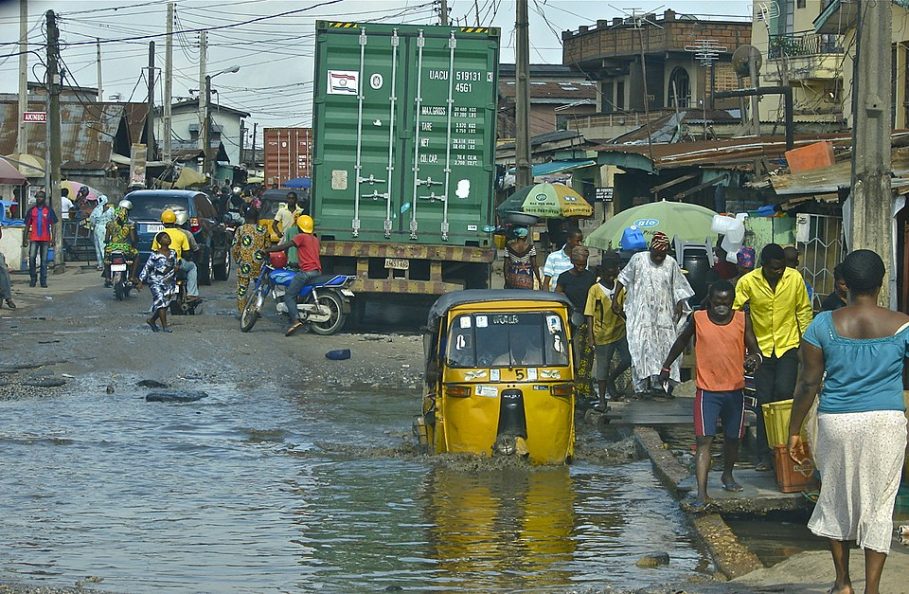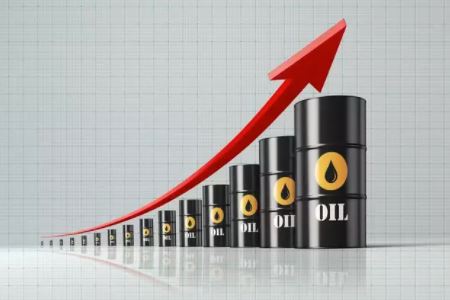Ghana’s main electricity distributor, the Electricity Company of Ghana (ECG), has proposed a massive 225% increase in its distribution charges in a bid to stave off financial collapse and improve its troubled power network. The company has submitted its proposal to the Public Utilities Regulatory Commission (PURC), which will now review the plan and hold public consultations before any changes are approved.
The proposed tariff hike, which would run from 2025 to 2029, would raise ECG’s Distribution Service Charge from about $0.015 per kilowatt-hour to $0.05 per kilowatt-hour. ECG, which supplies power to more than 73% of Ghana’s population, or roughly 4.87 million customers, says the current charge is unsustainable and far below the global benchmark for distribution costs.
Join our WhatsApp ChannelThe proposal comes at a time when Ghana’s economy is struggling under severe currency depreciation and rising inflation. Between 2022 and 2024, the Ghanaian cedi lost around 74% of its value against the US dollar, eroding the real value of ECG’s revenue by nearly half. The company says this has left it unable to adequately maintain its network or invest in upgrades, resulting in frequent power outages, voltage fluctuations, and widespread customer dissatisfaction.
A steep tariff increase, ECG argues, is necessary to close the funding gap and enable the modernization of Ghana’s electricity grid. The company says distribution costs currently make up only about 11% of the total cost of delivering power to consumers, far below the international norm of 30% to 33%. Without higher tariffs, ECG warns it will remain reliant on government bailouts, diverting scarce public funds from other critical sectors such as health and education.
Since 2022, ECG has invested about $408 million in infrastructure upgrades, including new substations, automation of power systems, and the rollout of over one million smart meters. The proposed hike would fund the continuation of these projects, which the company says will directly improve service quality.
ECG projects that by 2029, the average duration of power outages in Ghana will fall from 32.5 hours per year to 19.2 hours, while the average number of outages per customer will nearly halve. It also aims to reduce losses in the system, caused partly by theft and inefficiency, from 27% to 22%, and increase revenue collection efficiency from 87% to above 90%.
READ ALSO: Blackouts In Ghana, Others As Gas Supply Disruption From Nigeria Lingers
To improve transparency and rebuild public trust, ECG plans to distribute an additional three million smart meters across the country to ensure accurate billing and combat illegal connections. The company has also promised to replace faulty meters at no extra cost to consumers and enhance its customer complaint resolution systems. Its digital payment platform, the ECG Power App, which allows users to buy credit, check balances, and report faults, is being promoted as part of a broader strategy to improve convenience and accountability.
The PURC, an independent regulator, will now consider the proposal through a public review process. Any approved changes will only take effect after an official announcement. The timing of the proposed hike is sensitive, as many Ghanaians are already struggling with rising living costs driven by inflation and economic reforms tied to a $3 billion bailout agreement with the International Monetary Fund.
Electricity pricing has been a long-running flashpoint in Ghana, where intermittent blackouts, popularly known as “dumsor,” have plagued businesses and households for years. While ECG insists that higher tariffs will lead to tangible improvements in reliability, critics warn that a sharp increase of this scale could worsen the cost-of-living crisis and spark public backlash.
For Ghana’s energy sector, the stakes are high. If the PURC approves the proposal, it will mark the most dramatic single adjustment to power tariffs in the country’s history.



